双金属复合螺纹钢耐蚀性能研究毕业论文
2020-06-30 21:13:20
摘 要
随着现代科学技术的发展,双金属材料的研发将成为以后研究发展的重点之一,随着新的工艺,新的材料的出现,我国工业发展面临着更大的机遇和挑战。本实验主要研究了热轧工艺生产的碳钢/不锈钢双金属复合螺纹钢在各个工序下耐蚀性能的比较,用盐雾试验测量碳钢/不锈钢复合螺纹钢表面耐蚀能力,再用电化学方法具体测量比较经过氧化,电解,酸洗处理后的螺纹钢以及原材料不锈钢管的耐蚀性能。经过一系列实验,结果表明,碳钢/不锈钢复合螺纹钢在盐雾试验中表现出良好的耐蚀性能,经过电化学实验比较,酸洗螺纹钢的耐蚀性能最好,其次电解螺纹钢和不锈钢管的耐蚀性能类似,最差的是氧化螺纹钢。这些结论对以后工业生产生活中材料的选取有着积极良好的作用。
关键词:复合材料 不锈钢 热轧 电化学
Study on Corrosion Resistance of Double Metal Composite Rebar
Abstract
With the development of modern science and technology, the development of bimetallic materials will become one of the key areas for future research and development. With the emergence of new technologies and new materials, China’s industrial development is facing greater opportunities and challenges. This experiment mainly studied the corrosion resistance performance of carbon steel/stainless steel bimetallic composite rebar produced by hot rolling process under various processes. The salt spray test was used to measure the corrosion resistance of carbon steel/stainless steel composite rebar surface. The corrosion resistance of the rebar and raw stainless steel pipes after oxidation, electrolysis, and pickling were measured and compared with electrochemical methods. After a series of experiments, the results showed that the carbon steel/stainless steel composite rebar showed good corrosion resistance in the salt spray test. After electrochemical experiments, the corrosion resistance of acid-washed rebar steels was the best, followed by the corrosion resistance of electrolytic rebars and stainless steel pipes, and the worst was oxidation rebar steel. These conclusions have a positive effect on the selection of materials in industrial production and life.
Keywords:Composite materials;Stainless steel;Hot rolling ; Electrochemica
目 录
摘 要 I
Abstract II
第一章 绪论 1
1.1双金属层状复合材料 1
1.1.1复合材料简介 1
1.1.2不锈钢/碳钢双金属层状复合材料的研究历史及现状 2
1.1.3不锈钢/碳钢双金属层状复合材料的生产方法 2
1.2轧制复合生产工艺 3
1.2.1轧制复合法 3
1.2.2异步轧制复合法 3
1.2.3真空轧制复合法 3
1.2.4爆炸复合法 4
1.3轧制对双金属复合材料的影响 4
1.3.1轧制变形率 4
1.3.2轧制温度 4
1.4不锈钢腐蚀 5
1.4.1腐蚀的定义 5
1.4.2腐蚀的分类 5
1.4.3影响不锈钢点蚀情况的因素 5
1.4.4晶间腐蚀的影响因素 6
1.4.5不锈钢的点蚀和晶间腐蚀之间的关系 7
1.4.6不锈钢点蚀的研究方法 7
1.5论文研究的目的和意义 8
第二章 实验方案及过程 9
2.1实验用主要设备和药品 9
2.1.1实验中使用的设备 9
2.2实验所选用样品 9
2.3实验样品处理方法 11
2.4实验方案及过程 11
2.4.1盐雾试验 11
2.4.2电化学实验 12
第三章 实验结果与讨论 14
3.1盐雾试验结果分析 14
3.2电化学实验结果分析 16
3.2.1开路电位分析 16
3.2.2交流阻抗分析 18
3.2.3恒电流分析 20
第四章 结论 24
参考文献 25
致谢 27
第一章 绪论
1.1双金属层状复合材料
1.1.1复合材料简介
两种及以上的性质不同的金属或非金属材料组合形成的非单相的固体材料叫做复合材料。在科学技术飞速发展的今天,单一的材料已经很难满足我们的需求,复合材料的使用越来越普遍,由于复合材料的重量较轻,加工比较方便,强度很高以及耐蚀性好等许多优点,在航空,汽车,建筑等领域广泛使用。
根据复合材料的基材来分类,主要有金属,陶瓷,高分子,水泥等作为基体材料的复合材料[1]。本文主要研究金属作为基体材料的双金属复合材料。
这种金属作为基体材料的复合材料具有如下几个特征:
(1)承受外力能力强。金属基复合材料中加入了很多承受力强的纤维等物质,导致同等强度下,金属基复合材料的重量较轻,所以金属基复合材料广泛应用在航空航天等高科技领域[2]。
(2)容易传输电流和热量。在高集成电路中经常使用金属基复合材料,由于该材料的良好的导热性能,能够解决高集成电路较为棘手的散热问题。
(3)在高温下表现良好。相对于基体金属,材料中的增强物耐高温性能更好,而且材料中加入的纤维等增强物能够起到支撑作用,使得金属基复合材料能够用于周围环境温度较高的机械机器中。
相关图片展示:
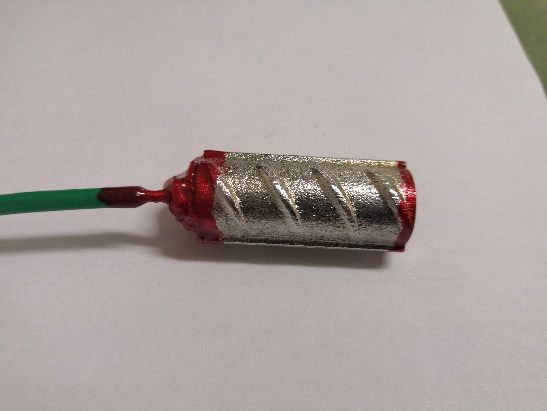
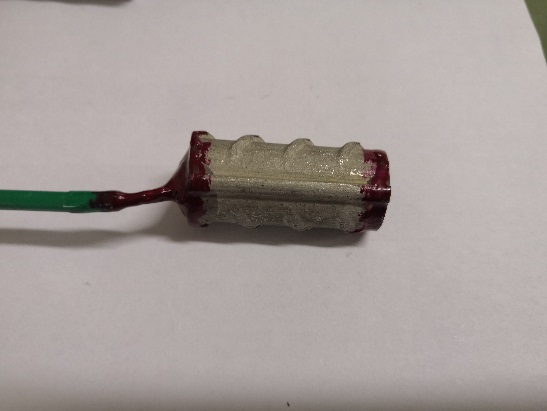
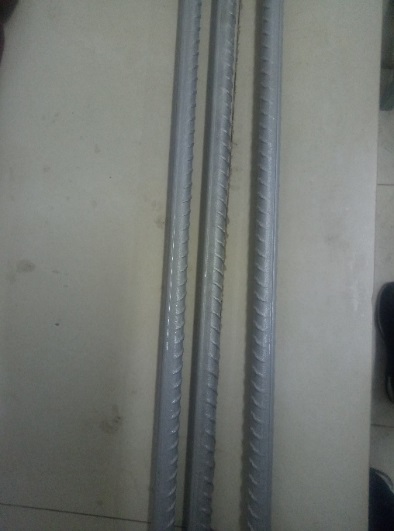
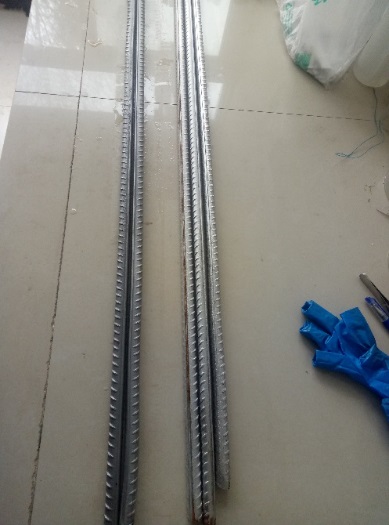
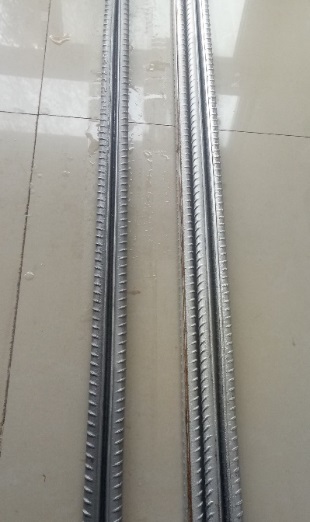
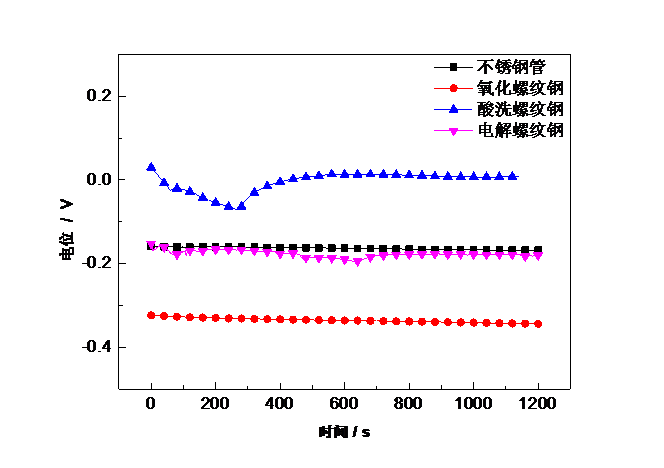
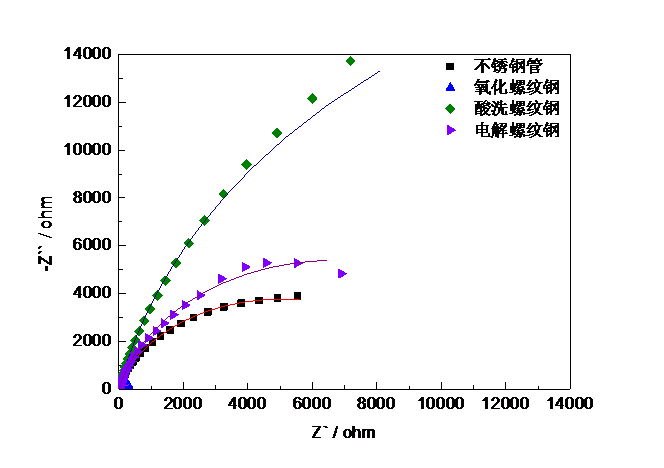
课题毕业论文、开题报告、任务书、外文翻译、程序设计、图纸设计等资料可联系客服协助查找。



